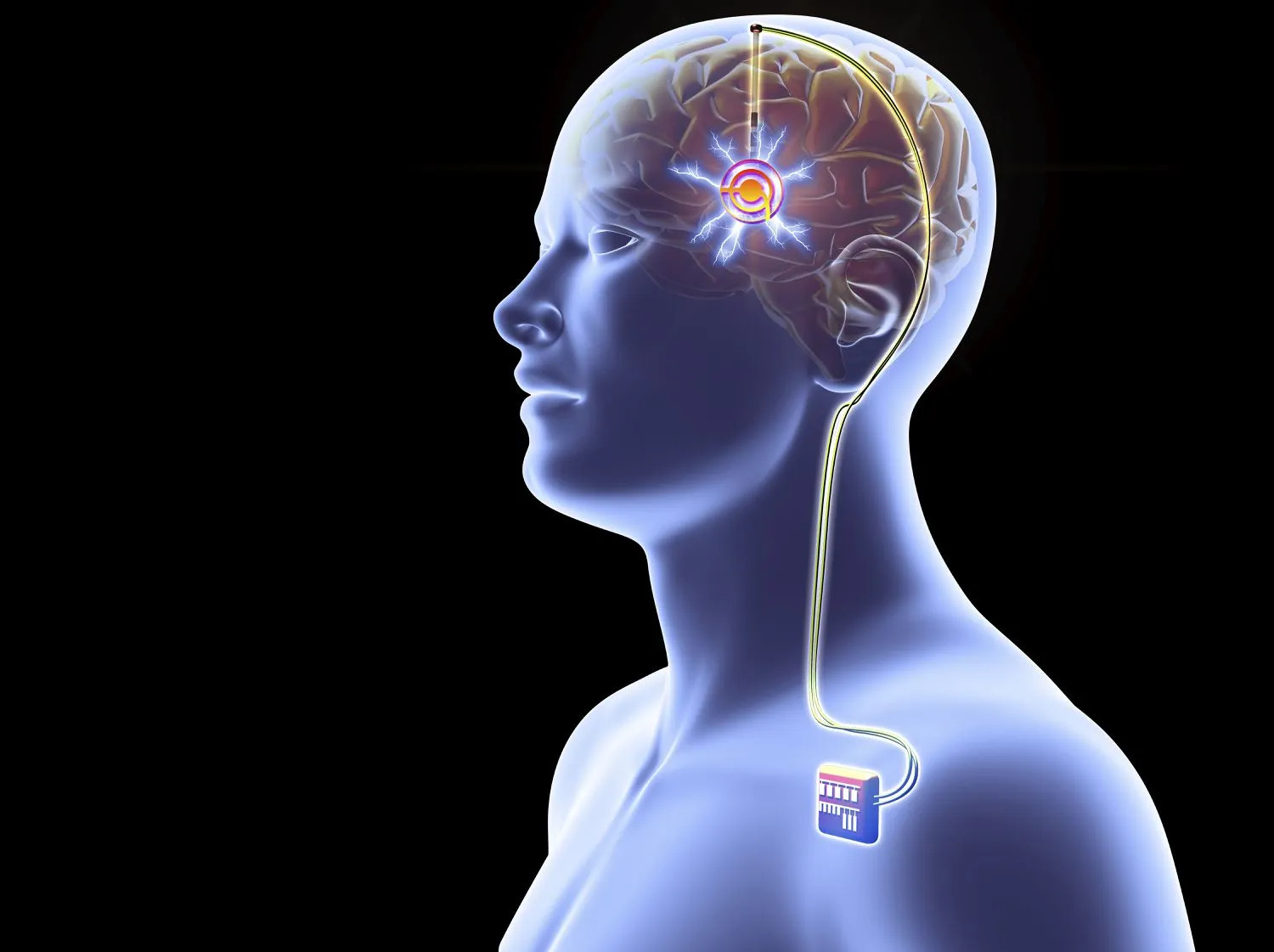Presentation of the Editorial Note by Dr. Enrique Díaz Cantón et al. on: AI IN MEDICINE and the need to use it in medical education.
- netmd
- 14 de febrero de 2024
- Oncología Médica
- 0 Comments
Adrian P. Hunis MD
Jefe editorial (Oncología) NetMD.org
In recent years, Artificial Intelligence (AI) has demonstrated its ability to revolutionize various sectors, and medicine has been no exception. The application of AI in the field of health has opened a world of possibilities, allowing diseases to be diagnosed more accurately and quickly, optimizing treatments and improving the quality of life of patients. However, despite the progress made, much remains to be explored, especially in the field of medical education.
The training of health professionals is essential to ensure quality care for patients, but the traditional educational process can be limited in terms of efficiency and personalization. It is at this point where AI can play a crucial role, by offering tools and resources that enhance learning and promote more complete and updated training.
AI in medical education can manifest itself in a variety of ways. On the one hand, it can help students access up-to-date and reliable information, giving them access to databases and virtual libraries containing the latest scientific and medical advances. Additionally, it can contribute to the creation of simulations and virtual environments that allow students to practice and hone their skills in a safe and controlled environment.
Likewise, AI can play a fundamental role in evaluating and monitoring student progress. Through data analysis and machine learning, the strengths and weaknesses of each student can be identified, adapting the content and teaching methods individually. This would allow optimal use of resources and more effective training.
However, despite the promises and benefits that AI can offer in medical education, it is important to also address the associated challenges and risks. It is necessary to establish control and ethics mechanisms that ensure the responsible use of this technology, as well as guarantee adequate training of health professionals in its implementation.
In short, AI in medical education represents an invaluable opportunity to improve the training of future health professionals. The combination of artificial intelligence and medicine can drive significant advances in healthcare, enabling more accurate diagnoses, more effective treatments, and personalized care.
In addition, AI can help overcome geographic and socioeconomic barriers by offering access to quality educational resources to students around the world. This is especially relevant in developing countries, where access to quality medical education may be limited.
However, it is important to emphasize that AI should never replace human work in the field of medicine. Health professionals play a fundamental role in patient care, and technology should be used as a complementary tool to enhance their skills and knowledge.
In conclusion, the incorporation of AI in medical education is a necessary step to adapt to technological advances and improve the training of health professionals. It is essential to take advantage of the opportunities that this technology offers us, but always with an ethical and responsible vision, ensuring that its implementation is carried out for the benefit of patients and society as a whole.
“Our Medicine is Sick: The AI Cure – Pioneering the Future of Digital Doctors” 1 Enrique Diaz Canton, 2 Joaquin Fernandez Sande, 3 Mario Rossi
- Head Professor in Artificial Intelligence in Medicine and Data Science. Specialist in Oncology. Associate Professor in Oncology. Instituto Universitario CEMIC, Valdenegro 4337, C1430EFA CABA, Clinical Oncology at FUNDALEU.
- Professor and Researcher in Artificial Intelligence and Medicine, Instituto Universitario CEMIC,Valdenegro 4337, C1430EFA CABA, Professor in Fundamentals of Artificial Intelligence, Coderhouse.
- Functional Genomics and Data Science Laboratory, Instituto de Investigaciones en Medicina Traslacional (IIMT), CONICET-Universidad Austral, Av. Juan Domingo Perón 1500, B1629AHJ Pilar, Argentina. Facultad de Ciencias Biomédicas, Facultad de Ingeniería, Universidad Austral, Av. Juan Domingo Perón 1500, B1629AHJ Pilar, Argentina.
Perspective-Editorial
Commentary and context for a published original article.
Description: Written by the first educators of AI applied to medicine, this article demarcates the urgency of reshaping medical education in two main axes, technology and empathy.
Abstract:
The medical shell of clinical reasoning, theoretical knowledge and intellectual trickery, is a banal structure for a technological system that grows exponentially day by day, and this avalanche of technological advances will break the shell, leaving doctors bare, alone,
1
heart-to-heart with the patient, in their humble hospital gown. The necessity for future physicians to be adept in engaging with AI technologies is paramount, demanding a substantive shift in medical education curricula. This editorial delineates the urgency of incorporating AI education in medical training to foster a new breed of digital doctors proficient in AI and cutting-edge technologies. Not only alleviating the burden that underpins physician burnout, and decreasing the variability in medical quality, but unlocking a new era in empathy, creating more heartfelt connections between doctors and patients.
Breaking the Resistance:
The world of medicine is characterized by being resistant to new disruptive technologies and abrupt changes in the way we practice the sacred art of medicine. The fear of changing the way we relate with the patient and the way we deal with diseases, often worries the world and abides it to traditional ways which have served the good of medicine for centuries. Nevertheless, the medical profession stands at the verge of a digital metamorphosis, driven by advancements in artificial intelligence (AI). The rapidly evolving landscape of healthcare technology underscores the imperative for medical education to adapt, ensuring the future physicians are proficient in utilizing the potential of AI in clinical practice. This transition is not merely about leveraging new tools, but it is about fostering a new breed of digital doctors.
The Necessity of AI Literacy:
The imperative of AI literacy among medical practitioners stems from the potential of AI to augment clinical decision-making, streamline administrative processes, and enhance patient care. Moreover, with the advent of complex healthcare technologies, the necessity for a foundational understanding of AI and its applications in medicine is becoming increasingly apparent. This technology not only promises to have a substantial impact in the world leading economies, but also improve access to health and boost developing countries. In a sense, it appears that every sector, across various industries, is adopting a more robust approach to integrating this kind of knowledge into their educational programs. Meanwhile, the field of medicine appears slow to embrace these subjects and revolutionize our approach to healthcare. Yet, as of 2023, the FDA has already approved over 600 medical devices equipped with artificial intelligence, signaling that this is not just the medicine of tomorrow but very much the medicine of today.
2
In 2020, the CEMIC University Institute from Buenos Aires, Argentina, pioneered the world’s first undergraduate course on Artificial Intelligence in medicine at a medical school. The course broadened the understanding that there was already an existing need for graduating doctors to have at least a fundamental grasp of Artificial Intelligence. The core message of the course underscored the importance of physicians engaging with new technologies, advocating for a synergy with artificial intelligence in clinical practice rather than being supplanted by them.
Alleviating Administrative Burden To Connect with the Patient:
The administrative burden that pervades the medical profession, exacerbated by the Electronic Health Records (EHR) system, is a significant contributor to a 40-60% of physician burnout and an estimated shortage of 140,000 doctors in the USA. The current way we manage our patient’s data, leaves us with just one imperative question: ¿How can we exploit the power of AI to have a greater connection with the patient? By applying AI to automate routine tasks and analyzing vast amounts of data, we could use our time to have a face to face, eye to eye connection with our patient, consequently recentering patient-care in a physician’s daily routine. The new AI revolution is not just a technological revolution, but an emotional one, forcing doctors to capitalize on soft skills.
Fostering Empathically Digital Doctors:
The notion of ‘digital doctors’ embodies a synergy between medical acumen and technological expertise. Medical education curricula must be re-envisioned to include two main educational goals. First, we must immerse doctors in the depths of technology, equipping future physicians with robust and adaptable knowledge about artificial intelligence. We must forge the soul of medical education to sow a new strain of future doctors: digital doctors.
But even more crucial is the second axis: rekindling empathy at the heart of medical practice. In a world plagued by machines, who will heal the human spirit? Medicine must return to explore its roots, focus on the connection and understanding of the patient. It is necessary to return to the values of Hippocratic medicine. It is more important to know what kind of person has a disease, than to know what kind of disease a person has.
3
Conclusión:
The future of medical education will depend on the capacity of institutions to be flexible and reshape the way we see medical education. The world is changing and there is a current revolution that incorporates AI into all sorts of industries, with a wide variety of applications. We propose to incorporate at least one course in the medical curricula that teaches future doctors about data science and AI. This would meet the current needs of incorporating AI and other disruptive technologies into medical education. Furthermore, this equips future doctors with essential skills without the added expense and time they would otherwise need to invest in separate specialized training. In today’s fast-evolving healthcare landscape, such knowledge is becoming a necessity rather than an option. In fact, future doctors will not be expected to possess a vast repository of knowledge, but rather to be proficient in mastering the power of AI to enhance their medical practice.
4







